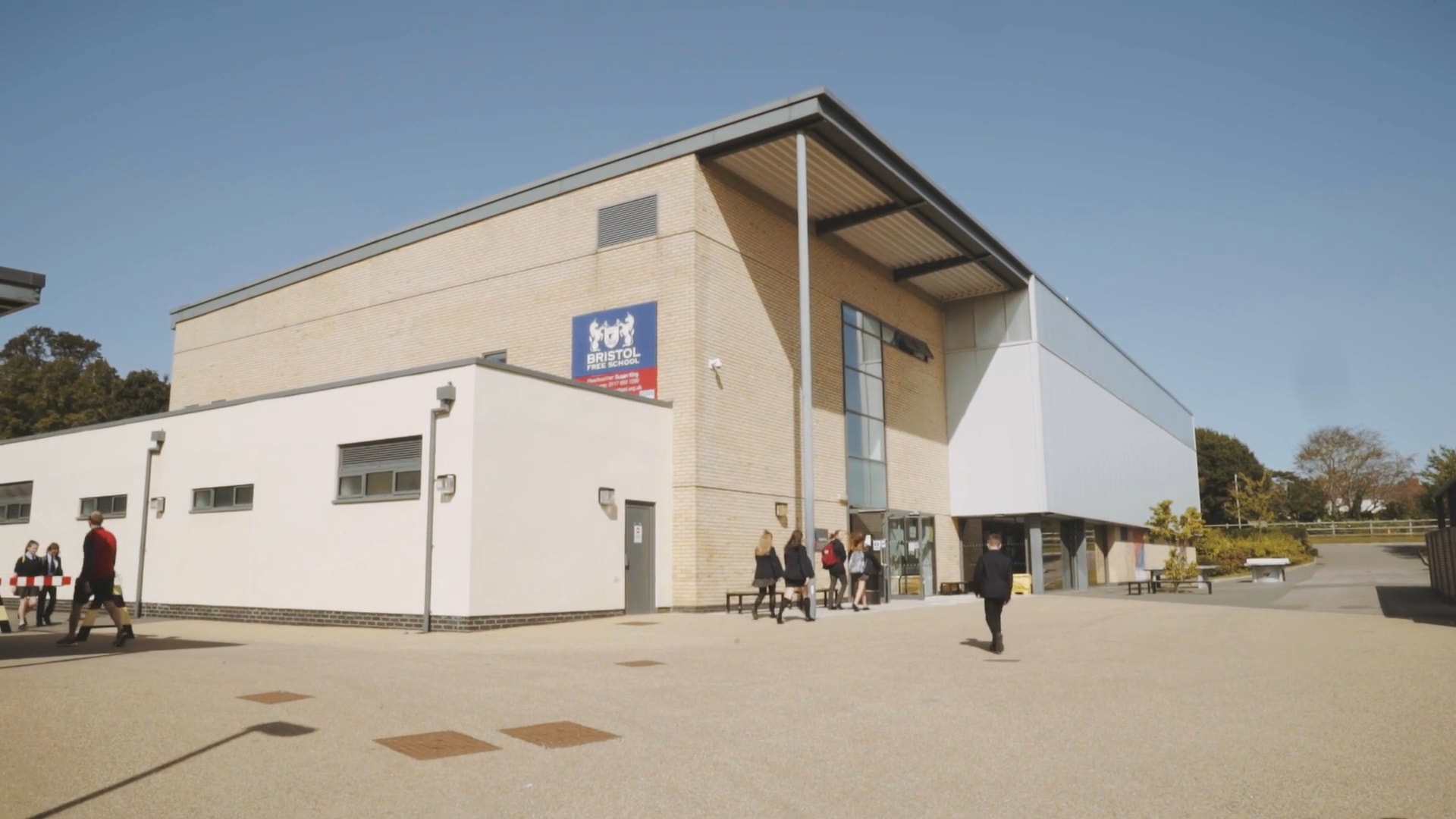
Students will learn how the body works and will look at the role of the skeletal system and muscles in movement. They will also study different types of cells using microscopy techniques to help them to identify different cell types.
A short summative assessment will be sat after each block of two units.
Students will learn about different states of matter and relate the features of the particle model to the properties of materials in different states. They will also devise ways to separate mixtures, based on their properties.
A short summative assessment will be sat after each block of two units.
Students will look at chemical reactions and the properties of acids and alkalis. They will also learn about metals and non-metals.
A short summative assessment will be sat after each block of two units.
Students will study speed and learn about relative motion. They will calculate different speeds using mathematical formulae. Students will learn about mass and gravity and will look at the effect of gravitational pull on objects.
A short summative assessment will be sat after each block of two units.
Students will learn about differences within, and between species and interpret data relating to variation. They will also learn about the transfer of genes from parents to offspring and will understand human reproduction and pregnancy.
A short summative assessment will be sat after each block of two units.
Students will learn about electricity and will be able to compare the running costs of different appliances. They will also learn about energy transfers in a variety of examples.
A short summative assessment will be sat after each block of two units.
Students will learn about the Universe and the planets. They will also explain day and year length, seasons and the visibility of objects from Earth. Additionally, students will study the rock cycle and understand rock formation.
A short summative assessment will be sat after each block of two units.
Students will learn about circuits and will be able to current and voltage. They will also be able to compare and explain current flow in different parts of a parallel circuit.
A short summative assessment will be sat after each block of two units.
Students will learn about sound waves and be able to relate changes in the shape of an oscilloscope trace to changes in pitch and volume. They will also study light and use ray diagrams to model how light passes through lenses and transparent materials.
A short summative assessment will be sat after each block of two units.
Students will learn about the interaction of species within a certain area. They will also look at the impact of changes in a population of one organism on others in the ecosystem. Students will look at the role of plants within an ecosystem and understand how plants reproduce.
A short summative assessment will be sat after each block of two units.
A biological structure or chemical agent that interferes with the physiological action of another.
A band or bundle of fibrous tissue in a human or animal body that has the ability to contract, producing movement in or maintaining the position of parts of the body.
A dense organelle present in most eukaryotic cells, typically a single rounded structure bounded by a double membrane, containing the genetic material.
An organelle found in large numbers in most cells, in which the biochemical processes of respiration and energy production occur. It has a double membrane, the inner part being folded inwards to form layers (cristae).
The semipermeable membrane surrounding the cytoplasm of a cell.
The material or protoplasm within a living cell, excluding the nucleus.
A space or vesicle within the cytoplasm of a cell, enclosed by a membrane and typically containing fluid.
A plastid in green plant cells which contains chlorophyll and in which photosynthesis takes place.
An optical instrument used for viewing very small objects, such as mineral samples or animal or plant cells, typically magnified several hundred times.
Specialised cells. Cells may be specialised for a particular function. Their structure will allow them to carry this function out.
Students will complete a longer project based on a scientific topic of their choice. After completing an investigation they will present their findings to the class.
Students will be assessed on their final presentations